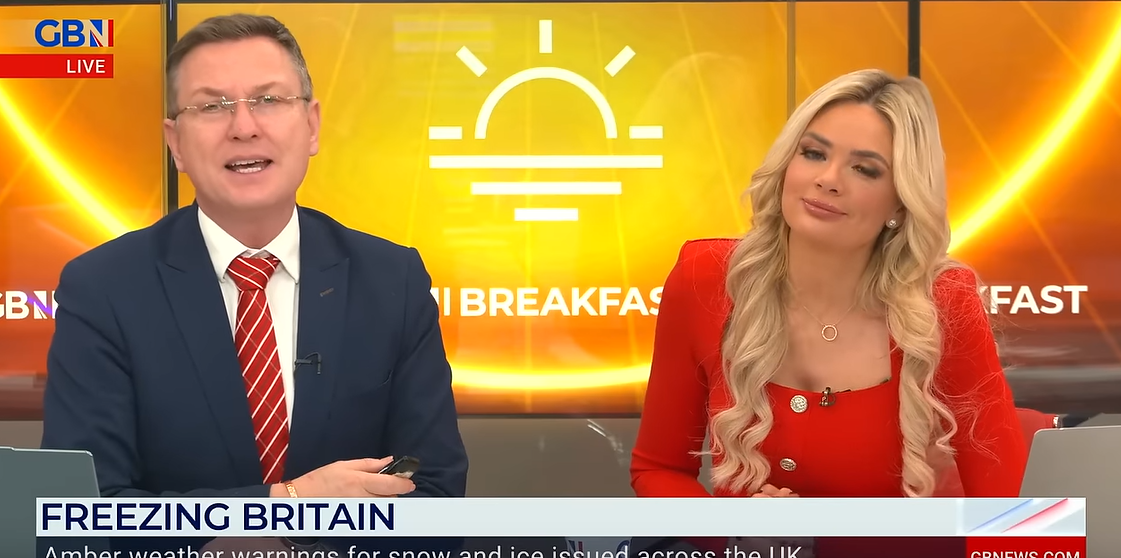
As Britain faces a severe cold snap, temperatures are expected to plunge to as low as -8°C this weekend, prompting warnings from the UK Health and Security Agency. The agency has issued an amber alert, cautioning that the bitter weather poses a significant risk to the elderly and vulnerable, who may struggle to keep warm in these freezing conditions.
The Met Office has issued yellow warnings for snow and ice, with areas in northern England, southern Scotland, and parts of Northern Ireland expected to be the hardest hit. Meteorologist Sarah Thornton explained that up to 15 inches of snow could accumulate in some rural areas, potentially cutting off entire communities.
The cold weather is forecast to last through the weekend, with warnings extending into Monday. Southern regions may see temporary snowfall before the arrival of milder air, but the north will remain locked in freezing conditions for longer.
The UK Health and Security Agency has advised older adults to heat their homes to at least 18°C and to check their medicine supplies to avoid unnecessary trips outside. NHS officials have also urged people to avoid going out at night or in the early morning, when temperatures are at their lowest.
For pensioners and vulnerable individuals, these conditions are particularly concerning. Rising energy costs, compounded by uncertainty surrounding government heating policies, have left many unsure how to stay warm without financial strain. Angela, a GB News viewer, raised concerns about the future of heating systems, saying, “How are pensioners going to keep warm when boilers pack up, and you can’t afford a heat pump?”
While cold snaps are a staple of British winters, some are questioning whether climate change is playing a role in the increasing frequency of severe weather warnings. Nathan Rao, a weather journalist, attributed the current conditions to a collision of Arctic air and a storm system bringing moisture from the southwest, a recipe for disruptive snowfall.
Despite the warnings, some have criticized the sensationalism surrounding cold weather. “This is winter,” one commentator remarked. “We know what to do—stay warm and carry on.”
As the snow sets in, travel disruptions are expected, particularly in rural areas. Authorities are urging residents to stay informed and prepared, ensuring they have the necessary supplies to endure the cold snap.
With energy prices rising and cold weather taking hold, the next few days could prove challenging for many. The government’s handling of energy support and heating policies will likely remain a hot topic as the nation grapples with keeping warm through this icy spell.




